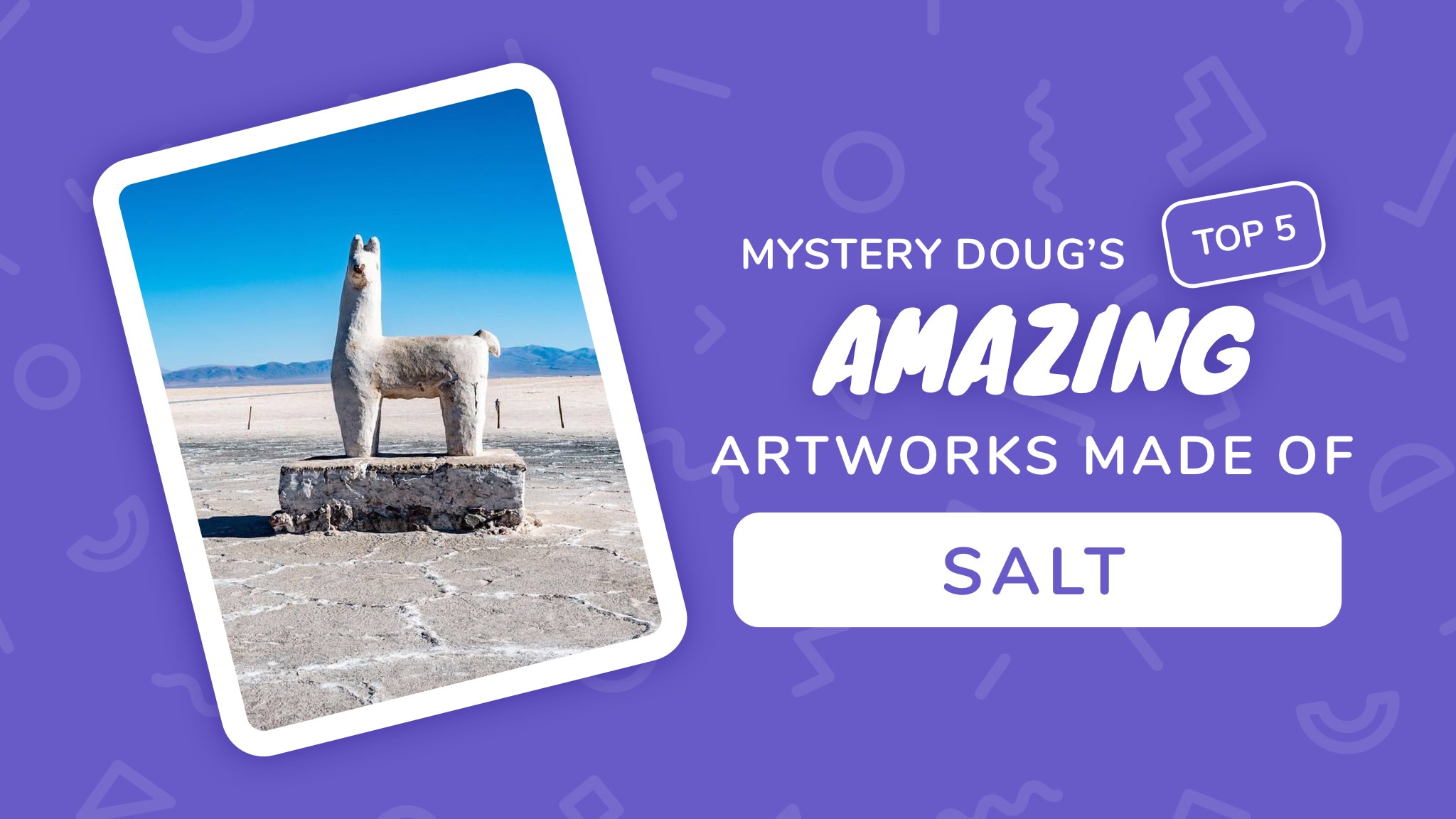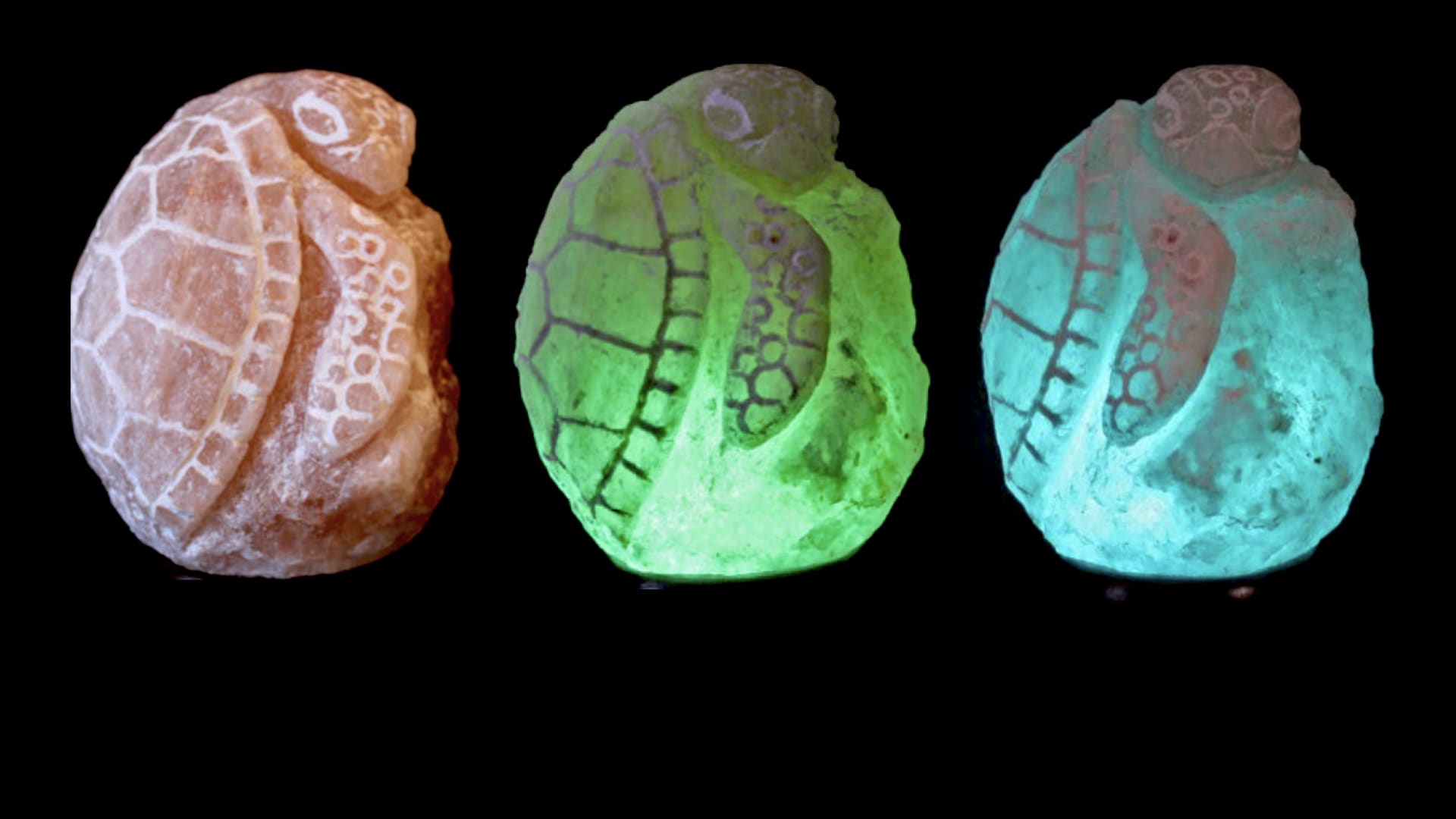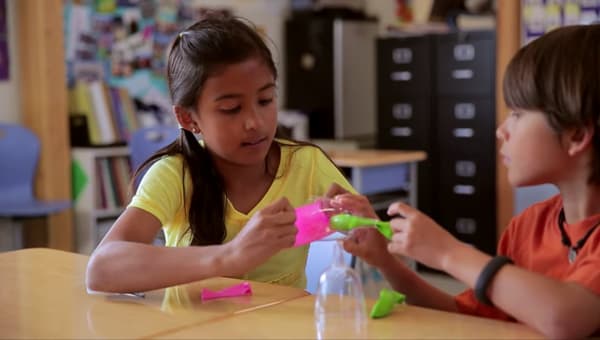
Please wait…
This video is having trouble loading. You may have lost your Internet connection.
Step 1: Click to Reload this page
Step 2: Click to
Try our other video player
Step 3: contact support if trouble persists.
Or,
dismiss this message.
Full Screen

Full Screen

Please wait…
This video is having trouble loading. You may have lost your Internet connection.
Step 1: Click to Reload this page
Step 2: Click to
Try our other video player
Step 3: contact support if trouble persists.
Or,
dismiss this message.
Full Screen

Full Screen

Please wait…
This video is having trouble loading. You may have lost your Internet connection.
Step 1: Click to Reload this page
Step 2: Click to
Try our other video player
Step 3: contact support if trouble persists.
Or,
dismiss this message.
Full Screen

Please wait…
This video is having trouble loading. You may have lost your Internet connection.
Step 1: Click to Reload this page
Step 2: Click to
Try our other video player
Step 3: contact support if trouble persists.
Or,
dismiss this message.
These artists are carving hard blocks of salt! Think like an inventor.
What’s something useful that you could make from blocks of salt?
Full Screen

Please wait…
This video is having trouble loading. You may have lost your Internet connection.
Step 1: Click to Reload this page
Step 2: Click to
Try our other video player
Step 3: contact support if trouble persists.
Or,
dismiss this message.
This hotel is built entirely from blocks of salt! The hotel has a
rule: Do not lick the walls!
Full Screen

Please wait…
This video is having trouble loading. You may have lost your Internet connection.
Step 1: Click to Reload this page
Step 2: Click to
Try our other video player
Step 3: contact support if trouble persists.
Or,
dismiss this message.
Full Screen

Please wait…
This video is having trouble loading. You may have lost your Internet connection.
Step 1: Click to Reload this page
Step 2: Click to
Try our other video player
Step 3: contact support if trouble persists.
Or,
dismiss this message.
Suppose you spilled some salt. You could clean it up...or think like
an artist. How could you use that salt to make a work of art?
Full Screen

Please wait…
This video is having trouble loading. You may have lost your Internet connection.
Step 1: Click to Reload this page
Step 2: Click to
Try our other video player
Step 3: contact support if trouble persists.
Or,
dismiss this message.
People can “draw” with salt by moving it with their fingers or by
squirting it out of bottles. Do you see any problems with this art?
Full Screen

Please wait…
This video is having trouble loading. You may have lost your Internet connection.
Step 1: Click to Reload this page
Step 2: Click to
Try our other video player
Step 3: contact support if trouble persists.
Or,
dismiss this message.
This beautiful salt painting can be wiped out by a wave of a hand
or a puff of wind. Even though the art lasts for just a little while...
Full Screen

Please wait…
This video is having trouble loading. You may have lost your Internet connection.
Step 1: Click to Reload this page
Step 2: Click to
Try our other video player
Step 3: contact support if trouble persists.
Or,
dismiss this message.
...artists keep making amazing salt art—like these pictures of food
made with colored salt. It looks real…until it slides off the plate!
Full Screen

Please wait…
This video is having trouble loading. You may have lost your Internet connection.
Step 1: Click to Reload this page
Step 2: Click to
Try our other video player
Step 3: contact support if trouble persists.
Or,
dismiss this message.
Full Screen

Please wait…
This video is having trouble loading. You may have lost your Internet connection.
Step 1: Click to Reload this page
Step 2: Click to
Try our other video player
Step 3: contact support if trouble persists.
Or,
dismiss this message.
In some underground mines, the salt is pink. Artists carve blocks of
this salt into shapes: a turtle, a horse head, a human head...
Full Screen

This is the same turtle…but the salt can look pink or green or blue.
What is going on here? Do you have any ideas?
Full Screen

Please wait…
This video is having trouble loading. You may have lost your Internet connection.
Step 1: Click to Reload this page
Step 2: Click to
Try our other video player
Step 3: contact support if trouble persists.
Or,
dismiss this message.
Artists can hollow out the salt and put light bulbs inside. A blue
light bulb makes the pink salt look blue; a green one turns it green!
Full Screen

Please wait…
This video is having trouble loading. You may have lost your Internet connection.
Step 1: Click to Reload this page
Step 2: Click to
Try our other video player
Step 3: contact support if trouble persists.
Or,
dismiss this message.
Full Screen

Please wait…
This video is having trouble loading. You may have lost your Internet connection.
Step 1: Click to Reload this page
Step 2: Click to
Try our other video player
Step 3: contact support if trouble persists.
Or,
dismiss this message.
People dig deep underground to get salt. When they take out the
salt, an enormous cave is left. What could you do with this cave?
Full Screen

Please wait…
This video is having trouble loading. You may have lost your Internet connection.
Step 1: Click to Reload this page
Step 2: Click to
Try our other video player
Step 3: contact support if trouble persists.
Or,
dismiss this message.
People made this enormous salt mine special. As they dug out salt,
they carved statues from the salt and made elegant rooms.
Full Screen

Please wait…
This video is having trouble loading. You may have lost your Internet connection.
Step 1: Click to Reload this page
Step 2: Click to
Try our other video player
Step 3: contact support if trouble persists.
Or,
dismiss this message.
Full Screen

Please wait…
This video is having trouble loading. You may have lost your Internet connection.
Step 1: Click to Reload this page
Step 2: Click to
Try our other video player
Step 3: contact support if trouble persists.
Or,
dismiss this message.
This is the saltiest sea on earth. What do you think would happen
if you dunked a dress into this sea and left it there for a long time?
Full Screen

Please wait…
This video is having trouble loading. You may have lost your Internet connection.
Step 1: Click to Reload this page
Step 2: Click to
Try our other video player
Step 3: contact support if trouble persists.
Or,
dismiss this message.
An Israeli artist tried this experiment. Salt formed sparkling
crystals on the cloth! You can do this with anything, even a bike!
Full Screen

Please wait…
This video is having trouble loading. You may have lost your Internet connection.
Step 1: Click to Reload this page
Step 2: Click to
Try our other video player
Step 3: contact support if trouble persists.
Or,
dismiss this message.
You can also bend string or wire into shapes and dip them in the
saltiest sea. People even do this at home using super salty water!
Full Screen

Full Screen

Please wait…
This video is having trouble loading. You may have lost your Internet connection.
Step 1: Click to Reload this page
Step 2: Click to
Try our other video player
Step 3: contact support if trouble persists.
Or,
dismiss this message.
Full Screen
Voting for this episode is now closed. Would you like to vote on the most recent poll?
We pulled three questions from our jar. Which question do you want to explore?

-
How is cheese made?
-Glenn, 2nd Grade
-
Why do animals have tails?
-Eowyn, 4th Grade
-
How many stars are in the sky?
-Danna, 3rd Grade
Is the video not playing properly?
Please follow these steps:
- Very rarely a video will fail to completely load in your browser. Try to reload this page to see if that fixes the problem.
- If reloading does not help, try our other video player .
- If the video still fails to play, open this video in a new tab and please let us know you’re having trouble. We want to fix this issue for you.
Where does salt come from?
Watch the video to discover the answer and don't forget to vote for next week's question. There are mysteries all around us. Have fun and stay curious!







